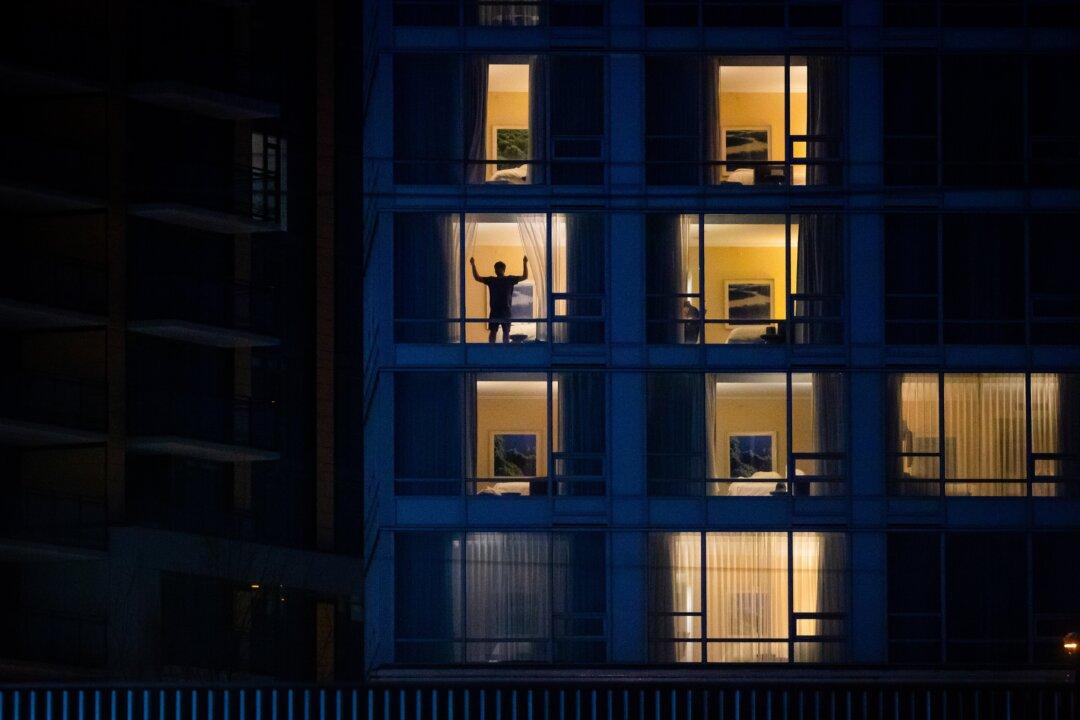Crown prosecutors in Ontario have entered a stay of proceedings against a woman who was ticketed and fined $6,225 for not staying in a COVID-19 quarantine hotel after returning to Canada.
According to a news release from the Justice Centre for Constitutional Freedoms (JCCF), the woman was fined upon returning from a visit to New York on Aug. 3, 2021.





